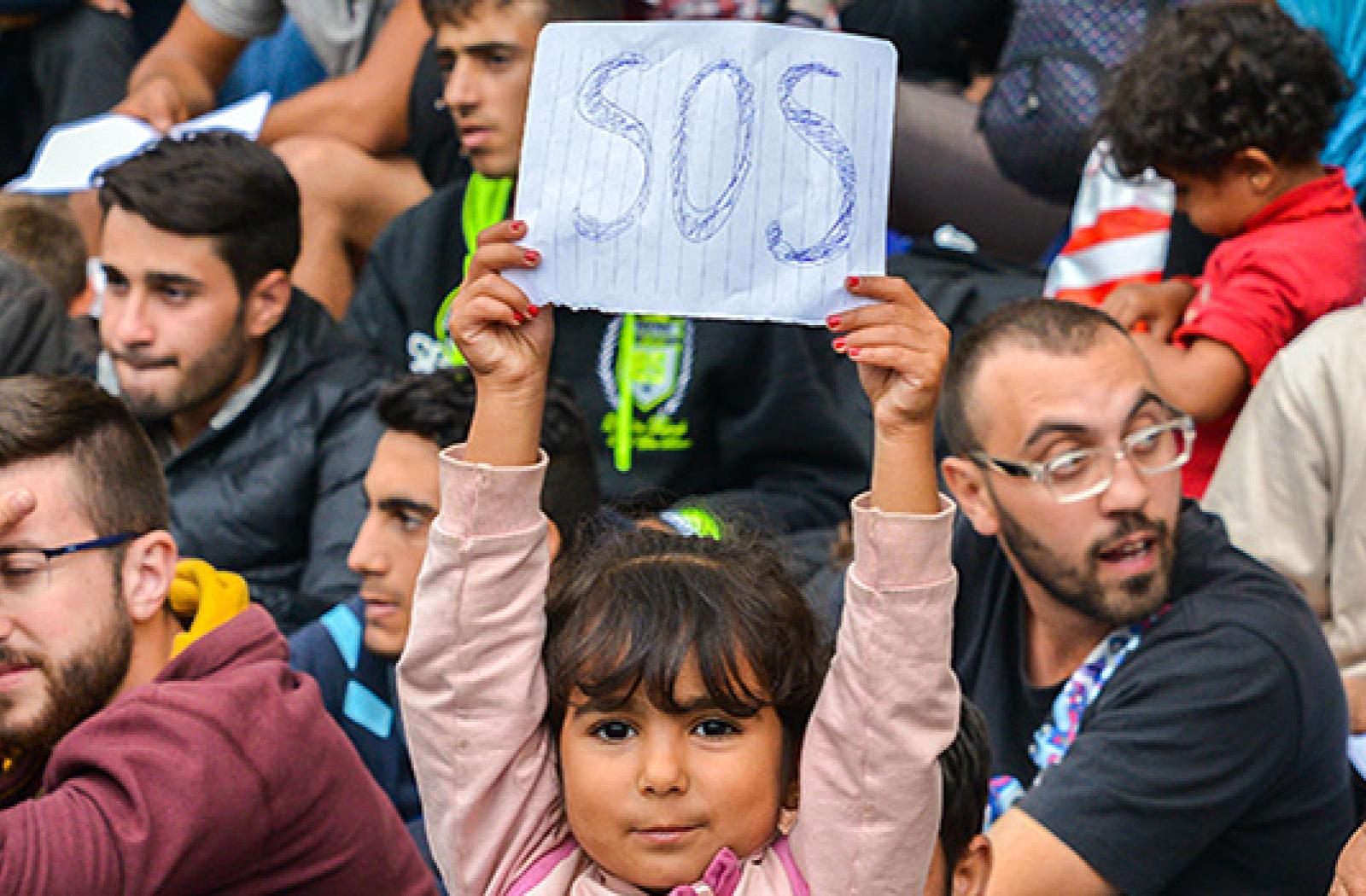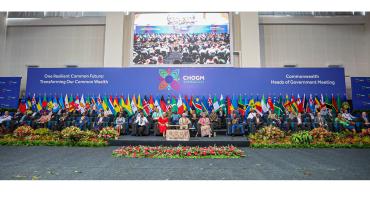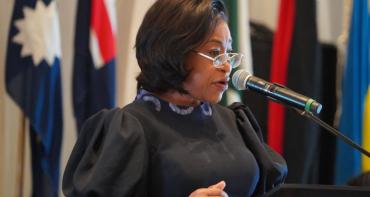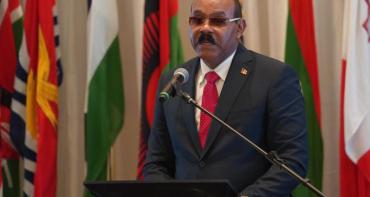For a significant number of people migration is not a choice, but rather something they are forced into against their will.

Dealing with the current migration crisis while complying with international human rights and refugee law is one of the critical issues that leaders will address at the Commonwealth Heads of Government Meeting (CHOGM) later this month.
“Many people migrate to escape crushing deprivation or to seek out economic opportunities and earn a better living. Others move to complete their studies or to join their families,” said Karen McKenzie, Head of Human Rights at the Commonwealth Secretariat.
She added: “For a significant number of people migration is not a choice, but rather something they are forced into against their will. Some are fleeing conflict or escaping persecution, others are leaving behind the devastation of natural disaster or are victims of trafficking.”
According to a United Nations High Commissioner for Refugees report, worldwide displacement was at an all-time high in 2014. A staggering 59.5 million people, compared to 37.5 million a decade ago, had been forced to flee their countries.
CHOGM is taking place in Malta, an island that sits at the centre of the refugee crisis in Europe. Since the beginning of 2015 over 3,000 people are thought to have died or gone missing trying to make the perilous journey to Europe by sea (UN High Commissioner for Refugees). Their stories of survival and desperation have struck a chord across the globe.
Earlier this year, Syrian Surgeon Dr Ayman Mostafa recounted to the Times of Malta how he lost his 28 year old wife and three year old daughter attempting to reach Europe. He thanked the Maltese Government for giving him the chance to rebuild his life. Dr Mostafa’s tragic story was covered by media across Europe.
In the coming decades, it is expected that an increasing number of people, including many from the Commonwealth, will be compelled to migrate.
“The Taliban stopped me from getting educated and they wanted me to join them, to join their jihad. I didn’t want to do that as I wanted peace. We want to take the message of peace to the world and show that we are peaceful people,” Ali Khan from Pakistan told the BBC. He was speaking from Greece after the boat he was in had been rescued by the authorities.
Last week European leaders met in Valletta, Malta to agree on strategies to deal with the migrant crisis. Their action plan focused on key issues such as the protection of refugees and displaced persons, legal migration and mobility, and preventing the smuggling and trafficking of people. The European Commission has pledged €1.8bn to Africa to help address the economic and security issues associated with migration flows.
At CHOGM, leaders are expected to issue a joint statement outlining their position on migration and the way forward for Commonwealth countries. Ms McKenzie said the Commonwealth will propose a range of initiatives including global advocacy and strengthening migration governance frameworks.
“In our efforts to address the current challenge, we must consider the recently-adopted Sustainable Development Goals which underscore the need for safe, orderly and regular migration involving full respect for human rights and the humane treatment of migrants, regardless of migration status.”
She concluded: “The Commonwealth Charter enshrines our commitment to human rights and our opposition to all forms of discrimination.”



